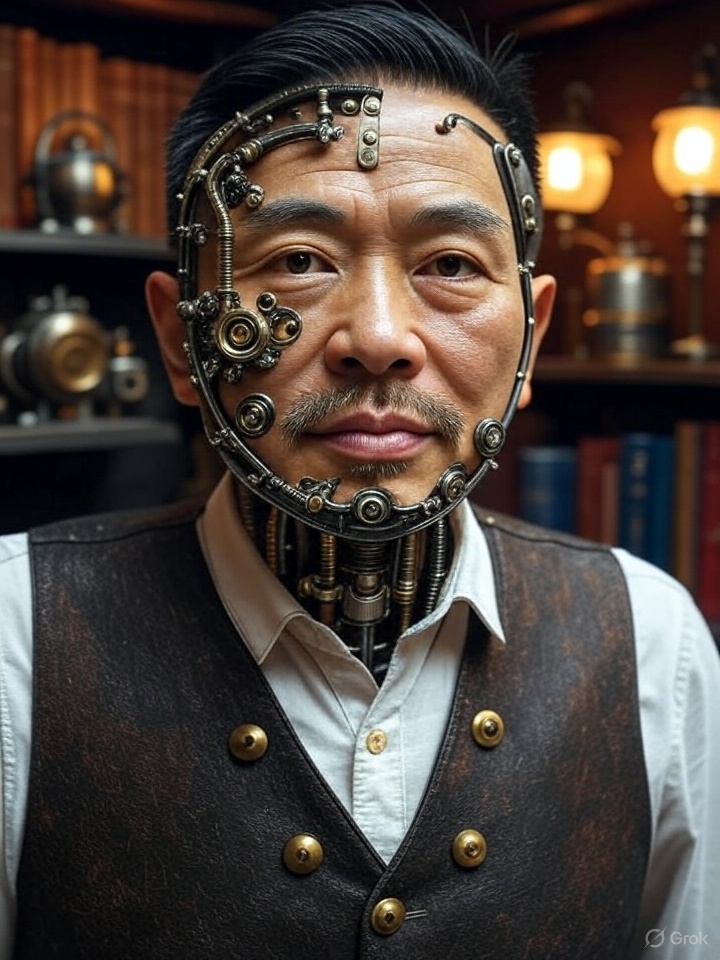China has successfully completed its first clinical trial of a brain-computer interface (BCI) technology, utilizing a wireless invasive implant to transmit brain signals for controlling external devices.
 This groundbreaking study involved a patient with tetraplegia, who demonstrated the ability to play computer games using only the power of thought—a remarkable leap in neurotechnology.
This groundbreaking study involved a patient with tetraplegia, who demonstrated the ability to play computer games using only the power of thought—a remarkable leap in neurotechnology.
The trial, conducted with a focus on precision and innovation, featured the world’s smallest and most flexible BCI implant.
This compact design, measuring just 26mm in diameter and less than 6mm thick, minimizes brain tissue disruption and enhances long-term compatibility, setting it apart from similar technologies like those developed by Neuralink in the United States.
The next phase of the research will see the patient trained to control a robotic arm, enabling more complex tasks such as grasping and holding objects.
This progression underscores China’s ambition to expand the practical applications of BCI technology beyond gaming into everyday functionality for individuals with severe mobility impairments.
Also read:
- WhatsApp to Introduce AI for Summarizing Unread Messages in Chats and Groups
- Disney and Universal File Lawsuit Against Midjourney for Copyright Infringement
- Ex-BBC and Apple Veterans Launch New European Media Group Powered by AI
China is accelerating its efforts in this field, positioning itself as a formidable contender to the U.S. in the global BCI race. The country aims to commercialize this technology by 2028, reflecting a strategic push to lead in neurotech innovation and potentially outpace Western competitors. This development highlights a growing technological rivalry, with China leveraging its advancements to challenge the dominance of U.S.-based initiatives in this cutting-edge domain.






